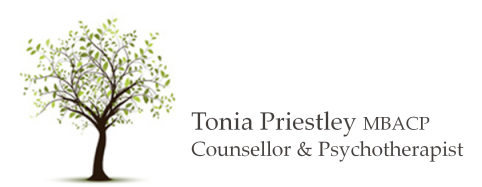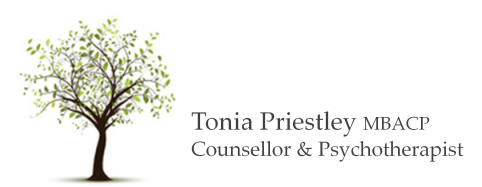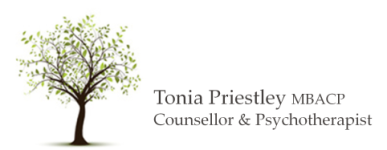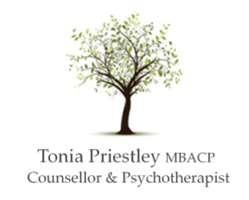



What is Anorexia Nervosa?
It is a serious mental health condition, which can result in an Eating Disorder. People who suffer from Anorexia keep their body weight as low as possible, by adopting one or more of the following behaviours:
- severely restricting food intake
- purging food
- taking laxatives or exercising excessively
As a result of these behaviours, emotions and thoughts are distorted and focus in life revolves around restricting food.
There are also physical symptoms as starving affects every part of the body. The main effects are:
- brittle bones, dry skin and thinning hair
- infertility
- fatigue and fainting
- liver damage
- insomnia
- depression and anxiety
How therapy work will help you
Therapy offers a supportive, non-judgmental and safe environment; giving space away from everyday life to understand how Anorexia has developed and how it currently impacts on your life.
The initial meeting will help me to build a treatment plan that is right for you.
Together we will explore some sensitive areas to really understand how:
- the condition has developed
- rigid, obsessive thinking and behaviour patterns occur to keep food to a minimum
- current eating habits are affecting physical health
- a self-critical voice demands perfection around restricting food
- refusing to eat, fear of all food, forbidden foods, body shape, weight gain and a desire to be thin results in constant negative emotions. Especially around meal times
- life is affected and coping strategies
- it affects engagement with family and friends
- Anorexia causes withdrawal from everyday life
Holding this information and working together in a therapeutic environment we will explore and look forward, because recovery is possible with the right support and treatment.
I know from personal experience that making the decision to change can be difficult. Sufferers of Anorexia have a distorted image of themselves, thinking that they are fat, living with fear or perhaps not even recognising that they have a problem. In the first session I often hear:
“Friends and family think I have an eating problem, but I don’t”
“I am deeply unhappy and I want help, but at the same time, I’m incredibly nervous about changing”
“I’m petrified that I will get fat”
“I love the feeling of being in control of my eating”
The positive thoughts and feelings that ‘Anorexia’ creates are false. Sufferers may not believe this at the beginning of therapy, but they will at the end and deep down they know that they have withdrawn from life and that most of their time is spent worrying about food.
Recovery aims
Treatment for Anorexia works across many areas and it is not just about food and weight.
Recovery includes:
- building motivation and commitment to change
- understanding Anorexia
- understanding how the relationship with food has developed and maintained (this is known as the predisposing, precipitating and perpetuating factors)
- nutritional knowledge; dealing with the immediate danger; starting a new relationship with food, working together gently to achieve manageable steps (treatment may include a qualified dietician and G.P)
- understanding and dealing with negative emotions and behavioral patterns such as: anxiety, fear, unhappiness, anger etc.
- managing the anorexic thoughts and voice
- gaining confidence, control and emotional strength
- healing body image
- knowing how to cope with a relapse so that you keep feeling in control
Whether you know or think you may have a problem, try not to ignore it or struggle to cope. I encourage you to take that first and important step and seek help. I understand Anorexia Nervosa and what it means and I will be there to support you through changes, helping you at each stage to overcome any difficulties in a trustful and safe environment. Recovery is possible.
If you think I could help you or you would like more information please contact me.





